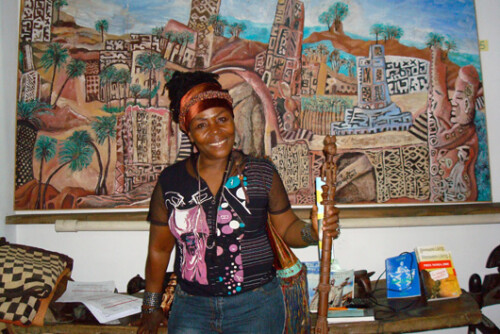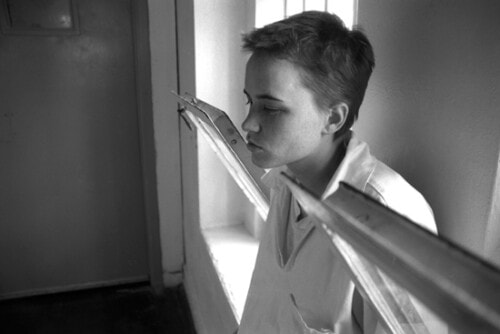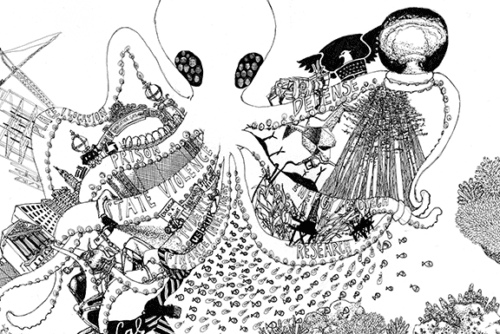II. Inequitable Institutional and Intellectual Cultures
The GICAU project followed up on the compilation of statistics using career history and experiential interview and observation methods. These generated a vast body of rich and detailed findings (initial reports are available in two special issues of the continental gender studies journal Feminist Africa, issues 8 and 9).
All five studies provide detailed qualitative evidence that no matter what the mission statements may proclaim, universities operate in ways that sustain and reproduce unequal gender relations in both the social and the intellectual life of those inhabiting it. Although there are often explicit expressions of negative attitudes toward women as scholars and academics—and some blatant practices of harassment and intimidation (directed especially at women who are junior faculty and students)—the more invidious manifestations of gender are implicit. Gender dynamics often operate “below the radar” in the informal assumptions, behavioural practices, institutional habits, and pedagogic and learning practices of students, faculty, and administrators. As such, they are embedded in other ongoing struggles that have specific manifestations in each locale. Common to all, however, are the conditions of economic decline and resource scarcity, along with the various postcolonial cultural contradictions. Gender dynamics reflect the broader political climate of each national context, manifesting through class and ethnic and ideological aspects of culture.
Across all of the campuses studied, researchers observed that precarious institutional conditions lead to new levels of violence and insecurity. These create a climate of fear that impinges on the freedom and mobility of staff and students, particularly those who are women. This leads to serious implications for intellectual culture and the free expression of ideas. The observed resurgence of patriarchal values, expressed, for example, in restrictive dress codes and regulations, and more broadly in the policing of social behaviour, has an impact on women’s self-confidence and can work directly and indirectly to hamper their career advancement.


